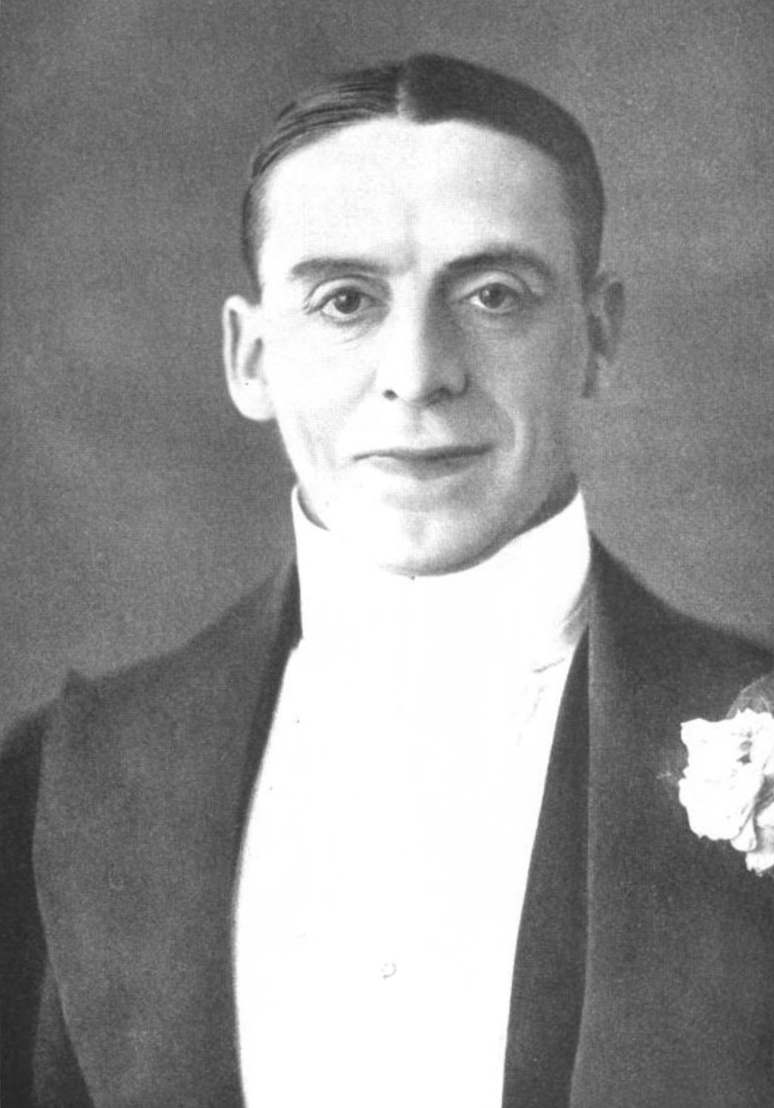If someone’s woebegone, they’re really sad. Not just a bit fed up, but proper miserable (think someone who’s just accidentally pressed ‘reply all’ or called their teacher ‘Mum’).
At first glance, ‘woebegone’ looks pretty straightforward – ‘woe, begone’, right? Well, no. ‘Begone’ does mean ‘go away’, but the second part isn’t actually anything to do with ‘begone’ at all. Instead it comes from ‘begān’, an Old English verb meaning ‘to go about’ or ‘to befall’. So woebegone isn’t sending woe away; it’s actively surrounding you. A figurative shitstorm, if you will.
‘Woebegone’ has been doing this slightly misleading double act since at least the 14th century. According to the OED, its earliest recorded use is from 1325 in Middle English, where it appears in forms like ‘wo-bigon’.
One of the reasons I chose this word was because I thought there was a species of shark called a woebegone, and I was going to regale you with interesting facts about it. But it turns out that it’s actually called a wobbegong. Still, that’s similar, so let’s talk about them anyway. Wobbegong is the common name for carpet sharks, so-called because they literally look like carpets and like to lie on the floor (well, seabed) – they can pump water over their gills which means they can sit quietly, then ambush their prey (most sharks need to keep moving to breathe). They’re believed to have got their name from the Australian Aboriginal word for ‘shaggy beard’, which is another reference to the way they look – they have fringed skin flaps, or dermal lobes, around their heads and mouths. These flaps help them camouflage when they’re pretending to be carpets on the sea floor, as they break up the outline of the shark so they blend into their surroundings even more.
All completely irrelevant, but interesting, I’m sure you’ll agree.




















